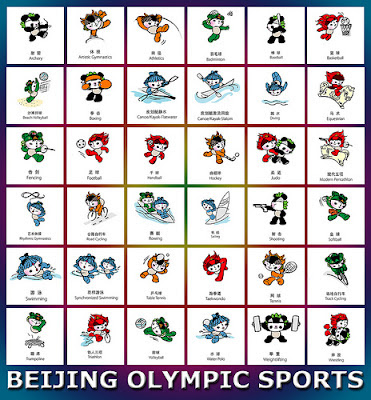Do your own Google search "synonyms for small"
and maybe you can find some even better words for small.
Small = Tiny Size
baby, bantam, bitty, cramped, diminutive, humble, immature, inadequate, inconsequential,
inconsiderable, insufficient,
limited, little, meagre, microscopic, mini,
miniature, minuscule, minute, modest, narrow, paltry, petite, petty, picayune, piddling, pint-sized, pitiful, pocket-sized, poor, puny, runty, scanty, scrubby, short, shrimp, slight, small-scale,
stunted, teensy, teeny, toy, trifling, trivial, undersized, unpretentious, wee, young
Just a little bite to eat!
That hamburger is miniature!
Try a Google Image search using the
keywords "small things"
Are these frogs real?
Your ice-cream portions are a bit meagre!
Use a picture that you find and put it on your own blog along with a short caption using an alternative word for small.









